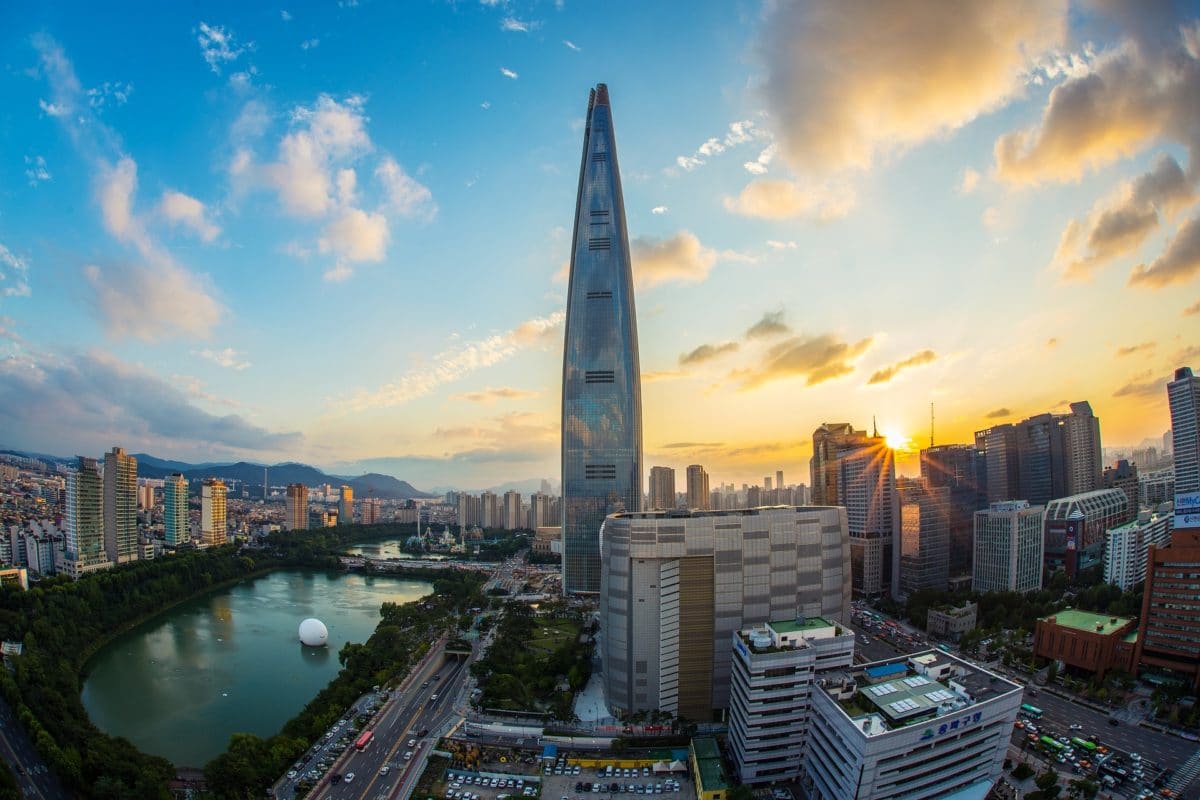South Korea’s MOTIE has revealed that its Electricity Regulatory Commission (ERC) has fined eight solar operators for failing to comply with output curtailment orders, in addition to canceling licenses for 11 stalled renewable projects, totaling 347.4 MW. The ministry did not say how much of the canceled capacity was solar.
The sanctions, approved at a recent ERC meeting, followed a Korea Power Exchange (KPX) investigation that found that eight solar projects in Jeollanam province had violated output control directives. The ERC notified Jeollanam’s provincial government, which will impose the fines after formal clarification procedures, according to an online statement.
Fines will be based on operators’ gains from non-compliance – combining system marginal price (SMP) and renewable energy certificate (REC) earnings – multiplied by violation frequency and prior fine histories. The ERC said that penalties will be capped at 4% of an operator’s average revenue over the past three years.
Separately, the ERC said it has revoked licenses for 11 projects totaling 347.4 MW in capacity after reviewing 27 cases in which construction approvals or preparation periods had expired by November 2024. According to South Korean media reports, the canceled projects reportedly include installations held by Cheonan Fuel Cell, Raon Energy Fuel Cell, Yeongwol Green Energy Fuel Cell, Asan UHF Green No. 1 Fuel Cell, Geumsan Eco Valley Fuel Cell, Joongheung Asan No. 1 Fuel Cell, Ulsan Eco Energy Fuel Cell, Incheon Biomass, Dangjin Future Green Fuel Cell, Incheon Food Industrial Complex Fuel Cell, and Daesan Fuel Cell.
The ERC said it is the first time it has revoked licenses under stricter extension standards introduced in August 2023, which now require South Korean developers to achieve milestones such as securing environmental permits or signing long-term contracts to qualify for extensions. The commission said that the cancellations are aimed at providing opportunities for new developers to access the grid.
The ERC noted that it plans to review extension statuses for about 230 additional projects whose construction approval or preparation periods will expire in 2025.
Earlier this month, researchers at the Korea Institute of Energy Research (KIER) said that they have achieved a record efficiency of 17.81% for a flexible copper indium gallium selenide (CIGS) solar cell, using an ultra-thin glass substrate and a cadmium-free buffer layer. The advancement purportedly offers significant potential for scalable solar tech for applications in portable electronics, automotive, and curved-surface installations. And last week, South Korean researchers from Dongguk University and Kyungpook National University unveiled a novel hybrid anode material for lithium-ion batteries, combining graphene oxide and nickel-iron compounds to improve energy storage capacity and cycling stability.
South Korea deployed more than 3.1 GW of solar in 2024, bringing its cumulative solar capacity to 28.15 GW by March 2025. However, analysts have said that the country needs to accelerate its deployment to meet its 2030 installation target of 55.7 GW, due to challenges such as grid constraints, policy uncertainty, and high generation costs.
This content is protected by copyright and may not be reused. If you want to cooperate with us and would like to reuse some of our content, please contact: editors@pv-magazine.com.



By submitting this form you agree to pv magazine using your data for the purposes of publishing your comment.
Your personal data will only be disclosed or otherwise transmitted to third parties for the purposes of spam filtering or if this is necessary for technical maintenance of the website. Any other transfer to third parties will not take place unless this is justified on the basis of applicable data protection regulations or if pv magazine is legally obliged to do so.
You may revoke this consent at any time with effect for the future, in which case your personal data will be deleted immediately. Otherwise, your data will be deleted if pv magazine has processed your request or the purpose of data storage is fulfilled.
Further information on data privacy can be found in our Data Protection Policy.